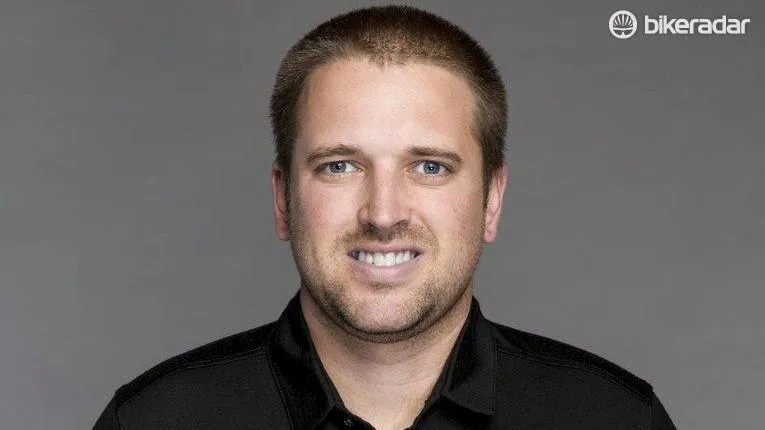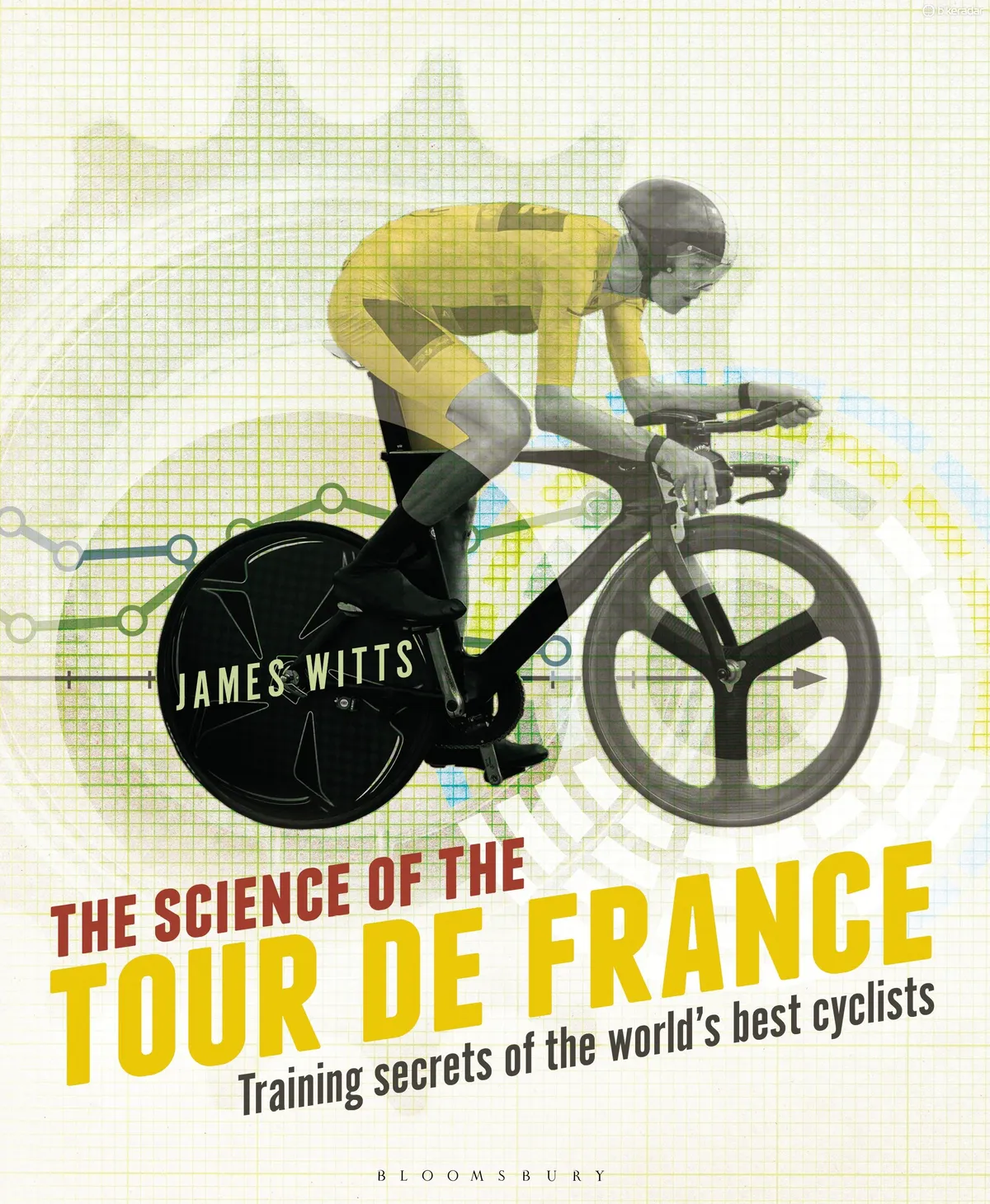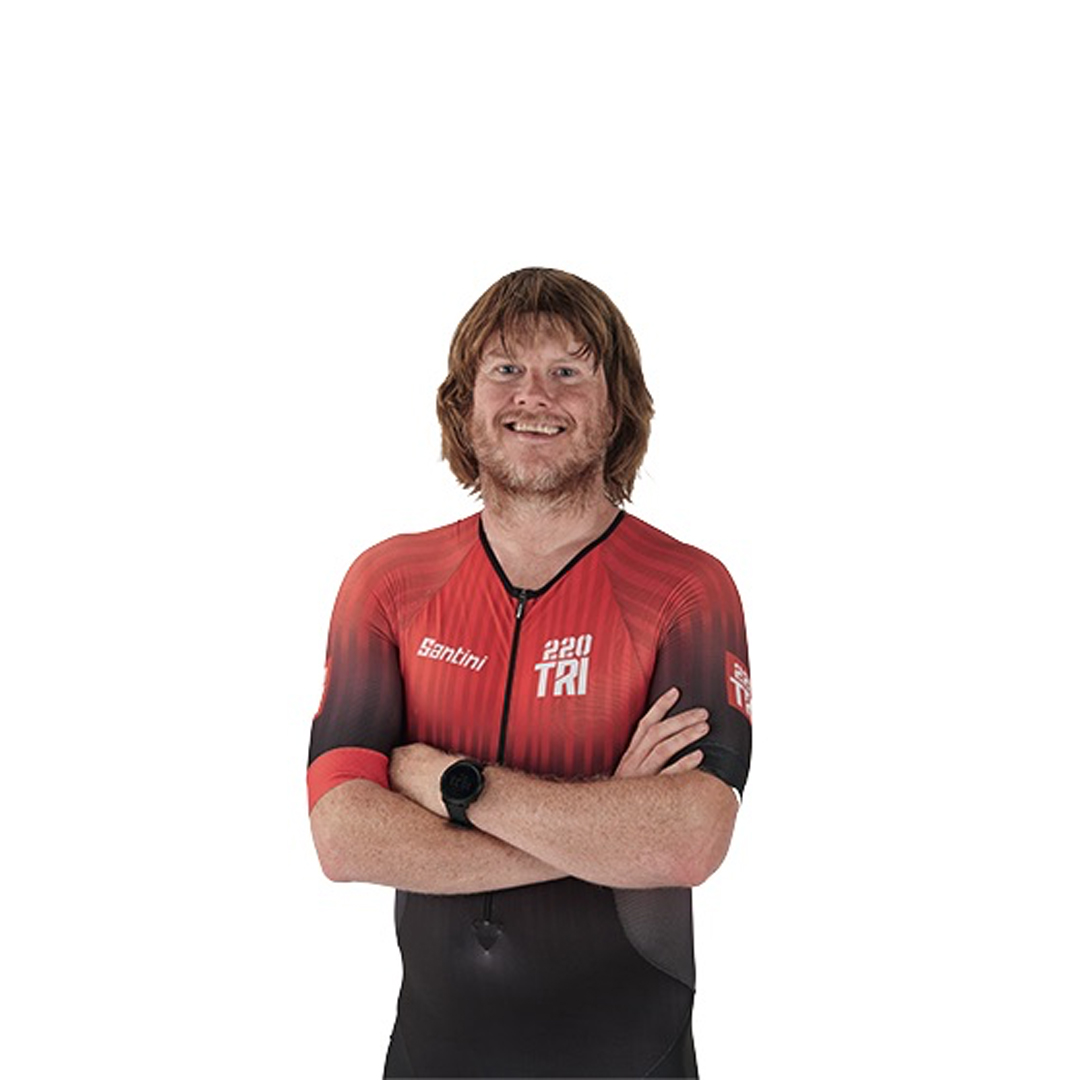Predictive analytics and Big Data may sound like buzzwords unrelated to the world of pro cycling – but that’s where you’d be wrong. In this extract from new book ‘The Science of the Tour de France’, author James Witts meets Robby Ketchell, the WorldTour’s first data scientist, to find out how he predicts the future.
Data is king and it’s something Team Sky has become adept at utilising, so it perhaps came as no surprise when they recruited Robby Ketchell into their ranks at the end of 2014.
- Big data comes to the Tour de France
- From pillows to Pinarellos: Inside Team Sky's marginal-gains world
- Revealed: 12 scientific advances that aim to give pro cyclists the edge
When Ketchell was at Garmin he had a broad remit beneath the umbrella of sports science. Team Sky has given him the more tightly focused role of data scientist, which is a WorldTour first. Issues of confidentiality mean Ketchell is tight-lipped over current projects but he does reveal where he sees the future of racing.
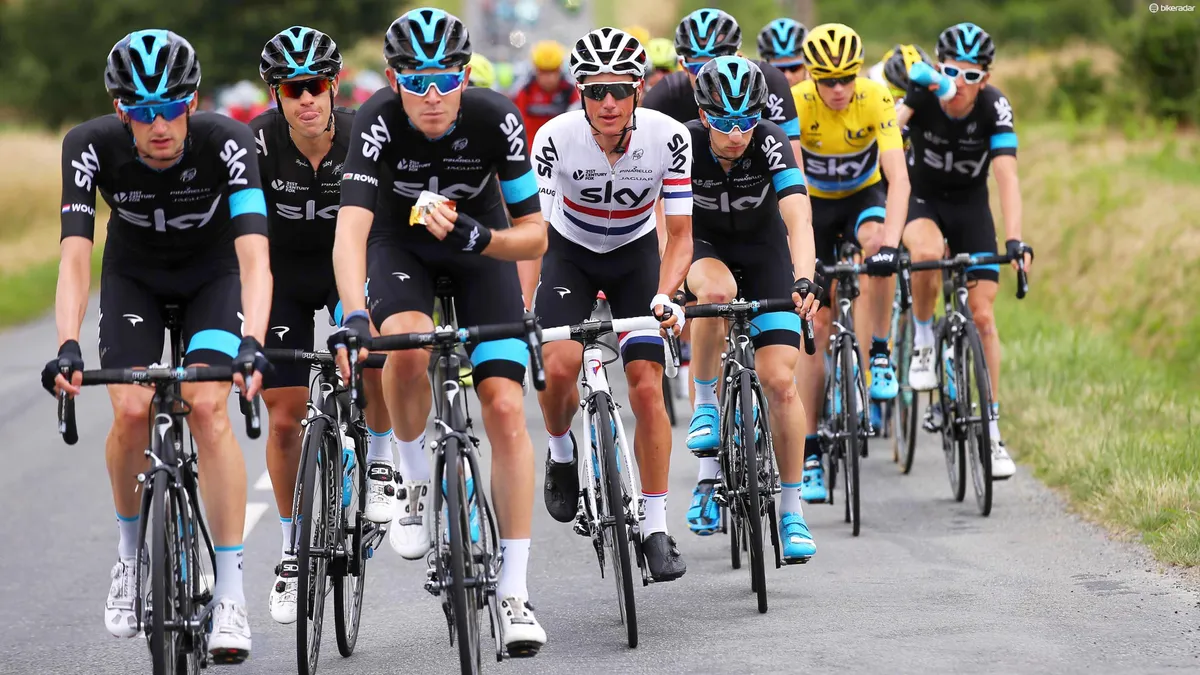
“Predictive analytics is what it’s about,” Ketchell enthuses. “But it’s not as easy as just producing a calculation. A lot of times we create this model and, in the real world, it doesn’t come anywhere close. So we have to say what we are missing. So you’re looking for more data and refinement of interpretation to perfect the model.
“There are variables galore to analyse and cycling is in a really interesting place right now," he continues. “There are all these sensors and devices to measure aspects of physiology, movement patterns, biometrics, environment and so on, and doing it in different ways. Key to the future is how you bring that information together. How you aggregate that and bring something meaningful out of it.”
Ultimately, Ketchell’s role is to make an unpredictable sport more predictable, and he very much follows Team Sky’s ethos of leaving nothing to chance.
'This data-driven approach will reduce the speculative side of racing and tactics'
“This data-driven approach will reduce the speculative side of racing and tactics," says Ketchell. “It’s obviously more from the physiology side of things so not the whole picture, though the dream would be reaching a stage where you could measure motivation.”
Planning for victory, weeks in advance
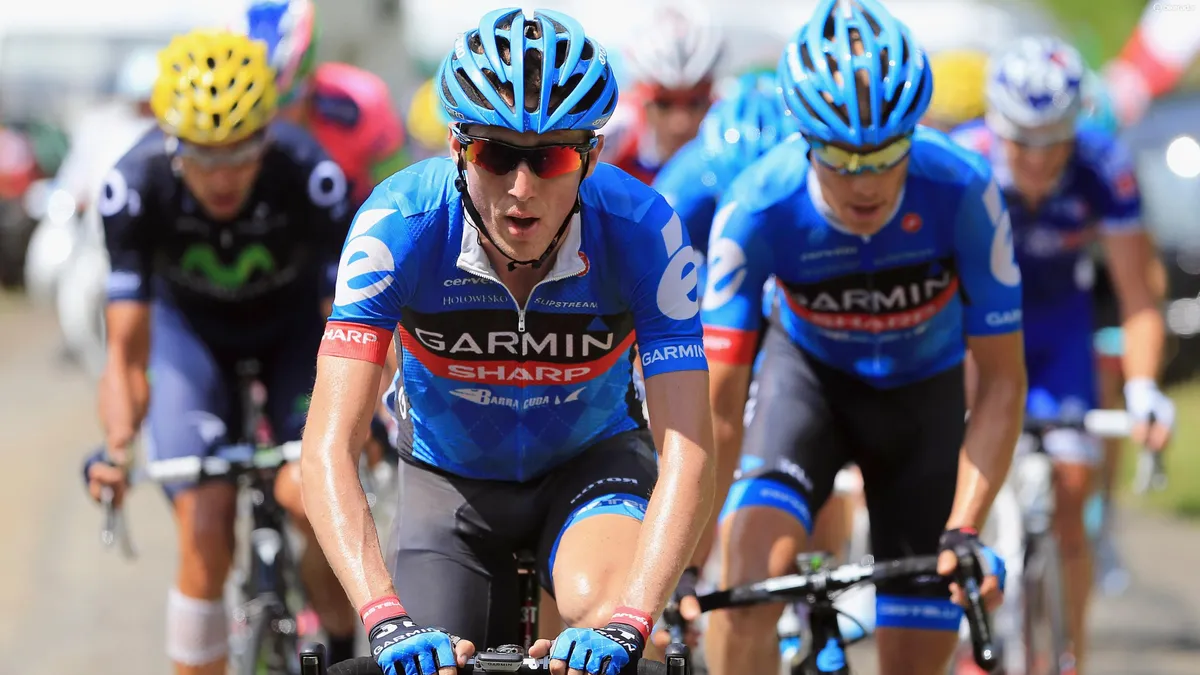
Ketchell’s always been progressive. When Dan Martin jumped clear of the yellow jersey group on the final climb of stage nine at the 2013 Tour de France, it looked like the Irishman’s move was based on instinct.
In fact, the Garmin-Sharp rider’s attack was the result of a perfectly executed set of tactics, planned weeks beforehand, and which told Martin how many seconds he’d need at the top of the Hourquette d’Ancizan climb before the descent to Bagnères-de-Bigorre to give himself a chance of victory. That figure was 43 seconds according to Ketchell’s calculations and his use of an app he created called Platypus.
Platypus involved real-time data analysis as well as containing information on every rider it was monitoring in that particular stage. “When riders get into a break, Platypus highlights who the riders are. You can then click on the stats: the breaks they’ve been in, how often they succeed, and other historical data,” Ketchell said at the time. Directors in the car have access to that information and can make tactical calls based on empirical evidence.
Ketchell says he no longer uses Platypus since moving from Garmin to Team Sky, but working back from specific course challenges and applying training and race solutions in advance is becoming a greater goal for every team. That’s because mimicking the course you’re racing as accurately as possible in training is the ideal when it comes to event preparation.
Working on the specific physiological demands of a specific course profile and environmental conditions means the rider can hit the right energy systems for the right duration at the right speed. Psychologically, the rider will also be more confident knowing exactly what’s coming around the next corner or over the next hill.
Other data analysts and techniques
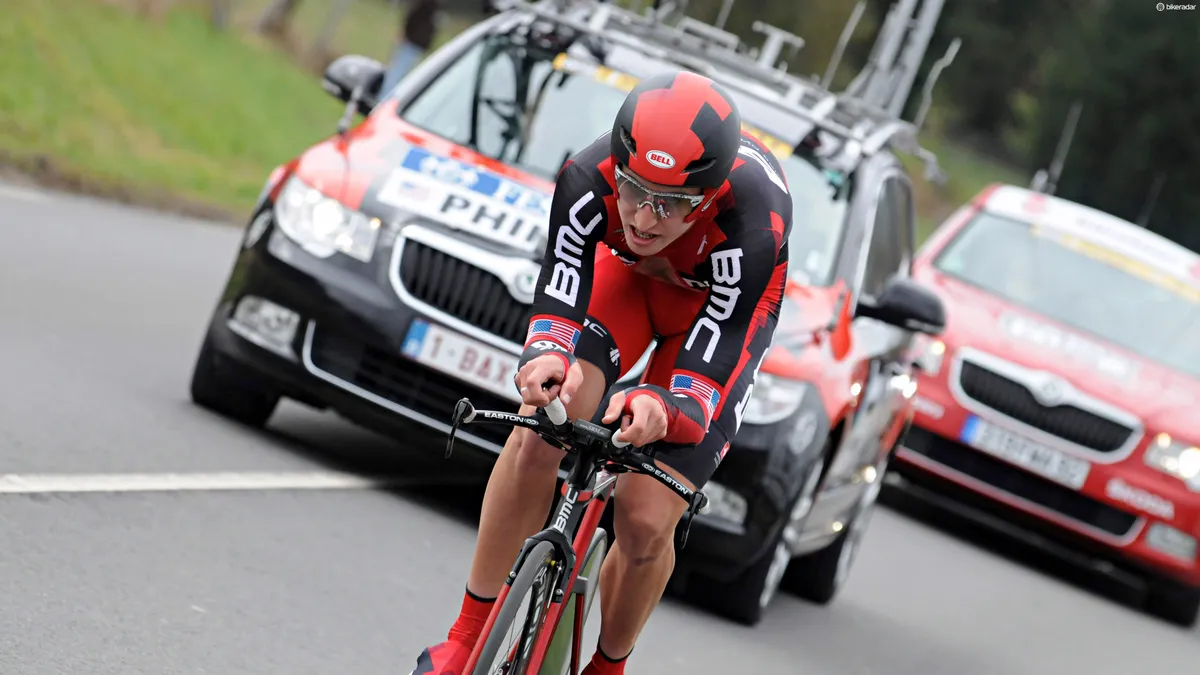
Of course, Ketchell’s not the only data genius swimming around the WorldTour. "We use an app telling the rider everything they need to know about the race,” says David Bailey, sports scientist at BMC Racing. “So at Paris–Nice, for instance, they know the schedule, the profile of the course, the weather forecast, what the final 5km looks like and any other useful additional information. For a time trial, it’s a lot more detailed.”
In the build-up to the 2012 London Olympics, sports scientist David Martin and his team at the Australian Institute for Sport (who worked with Orica GreenEdge and riders of the calibre of Simon Gerrans and Michael Matthews) also left nothing to chance with what they called ‘Project Déjà vu’.
“We recce'd the London course in the build-up and went over with fully instrumented bicycles,” explains Martin. “They had cameras on, GPS units, accelerometers and power meters. And we videoed the athletes from behind, too. We collected enough information to come back to Australia and program the stationary bicycles with realistic load patterns for the London course. It gave the riders enhanced familiarisation.”
As it transpired, Bradley Wiggins – fresh from becoming the first Briton to win the Tour de France – took home the men’s time-trial gold, with sixth-placed Michael Rogers Australia’s highest finisher.
"It’s certainly a technology we’d use again, though, and there’s so many options," says Martin. "For instance, in preparation for a hot race, you can put the ergometer [indoor bike] in an environmental bubble so that it replicates a variety of temperatures. So if you knew it was going to be hot, you could crank up the chamber to 30°C and work on different fuelling strategies. If you’re in Formula One, this is routine. In cycling this kind of use of technology is starting to come to the fore.”
James Witts' The Science of the Tour de France is on sale now from Bloomsbury for £11.89. To buy a copy head here.
